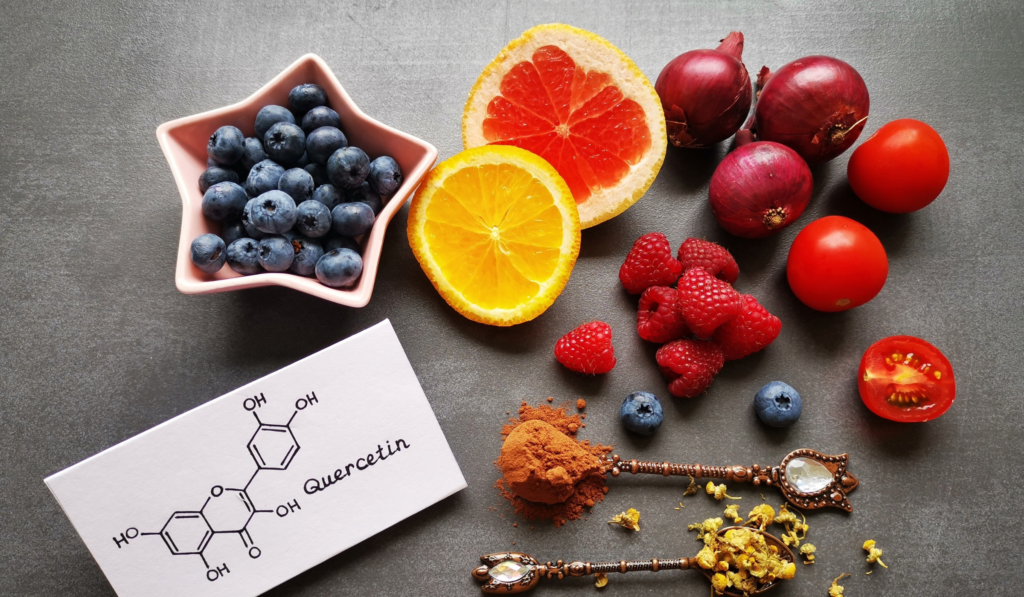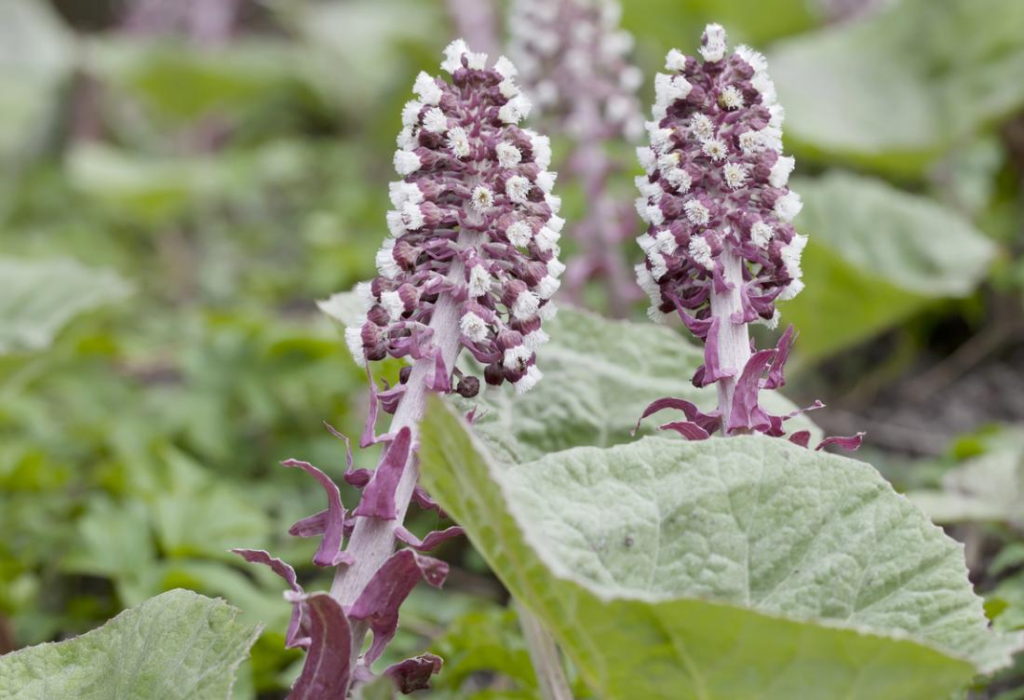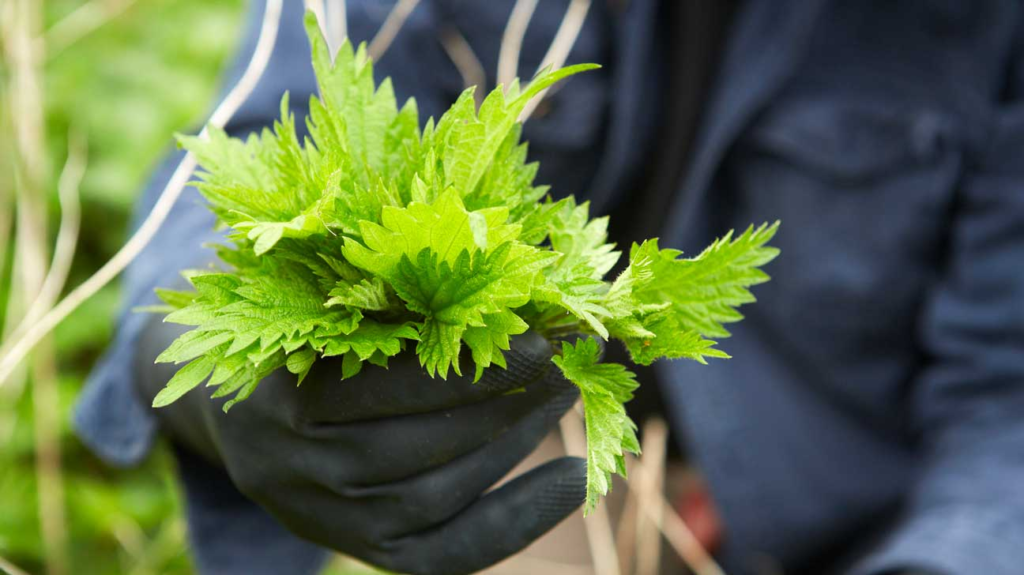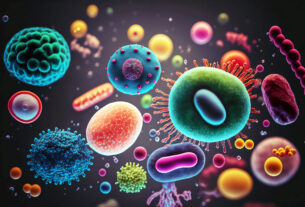Allergies can be a real nuisance, causing symptoms like sneezing, itching, runny nose, and watery eyes. While over-the-counter medications can provide relief, some people prefer natural remedies to manage their symptoms. Here are some effective natural remedies for allergy relief:
1. Local Honey

Consuming local honey is a popular remedy believed to help build immunity against local pollen. While scientific evidence is mixed, many people swear by it.
2. Saline Nasal Rinse

Using a saline solution to rinse your nasal passages can help clear out allergens and reduce nasal congestion. Neti pots or saline spray can be used for this purpose.
3. Quercetin

Quercetin is a natural flavonoid found in many fruits and vegetables. It has anti-inflammatory and antihistamine properties that can help manage allergy symptoms. Foods rich in quercetin include apples, berries, and onions.
4. Butterbur

Butterbur is a herb that has been shown to reduce inflammation and alleviate symptoms of hay fever and allergic rhinitis. It’s available in supplement form, but it’s essential to choose a product free from harmful alkaloids.
5. Probiotics

Probiotics can help boost your immune system and reduce the severity of allergic reactions. Fermented foods like yogurt, kefir, and sauerkraut are excellent sources of probiotics.
6. Essential Oils

Essential oils like eucalyptus, peppermint, and lavender can help open up nasal passages and reduce congestion. You can use these oils in a diffuser or add a few drops to a bowl of hot water and inhale the steam.
7. Vitamin C

Vitamin C is a natural antihistamine and can help reduce allergy symptoms. Incorporate vitamin C-rich foods like oranges, strawberries, and bell peppers into your diet.
8. Stinging Nettle

Stinging nettle is an herb that has anti-inflammatory properties and can help alleviate allergy symptoms. It’s available in tea, capsule, or tincture form.
9. HEPA Filters

Using HEPA filters in your home can help trap allergens like pollen, dust mites, and pet dander, reducing your exposure to these triggers.
10. Dietary Changes

Certain foods can exacerbate allergies, so it might be helpful to keep a food diary and identify any potential triggers. Reducing dairy and gluten intake can sometimes improve symptoms.
Conclusion
While natural remedies can be helpful, it’s essential to consult with a healthcare professional before starting any new treatment, especially if you have severe allergies or are taking other medications. By incorporating some of these natural remedies into your routine, you may find relief from allergy symptoms and improve your overall well-being.




